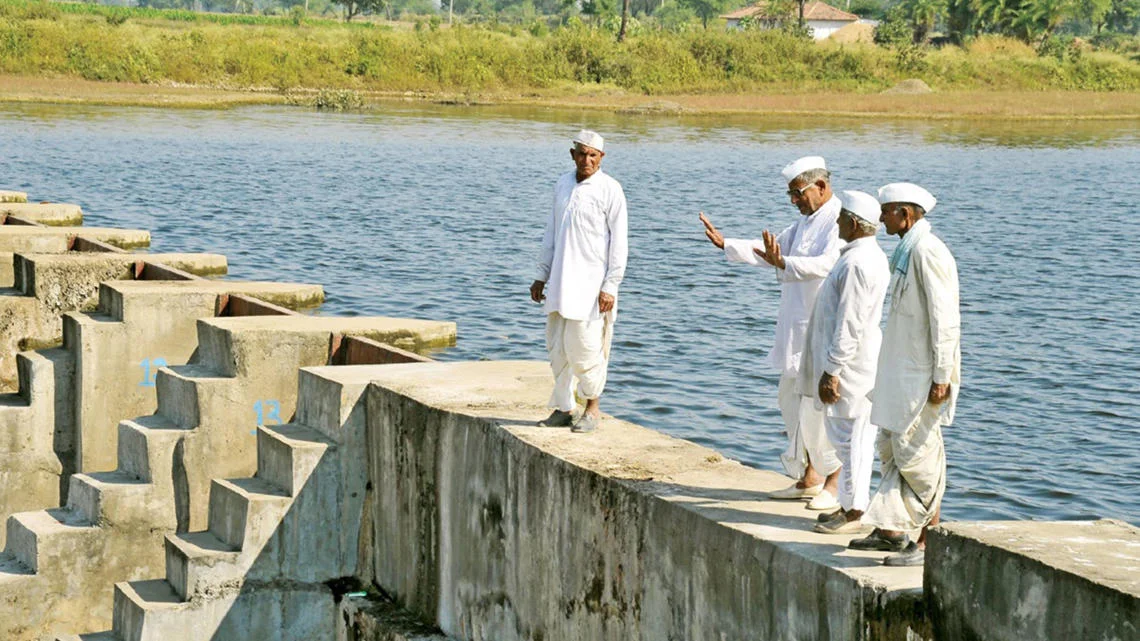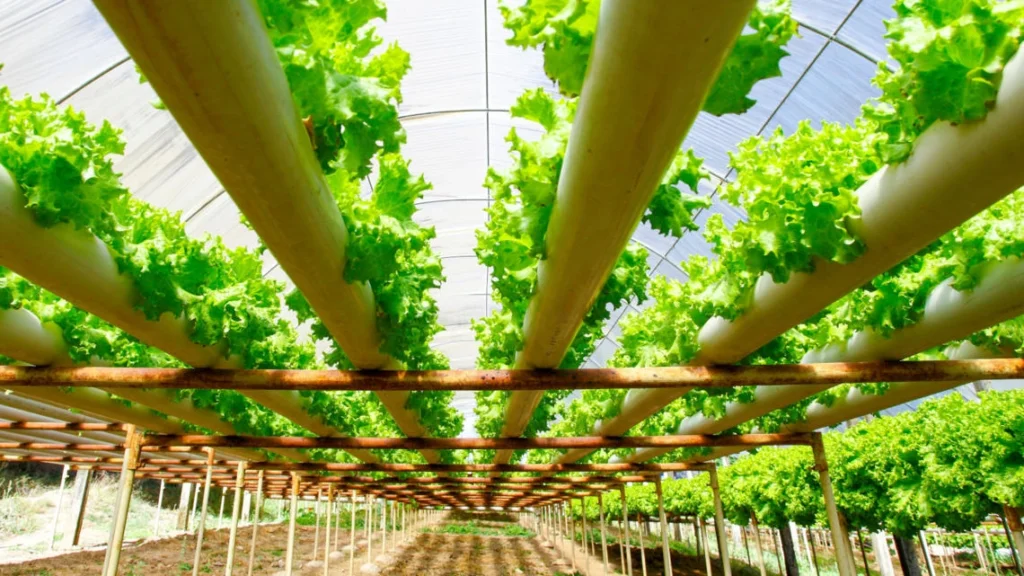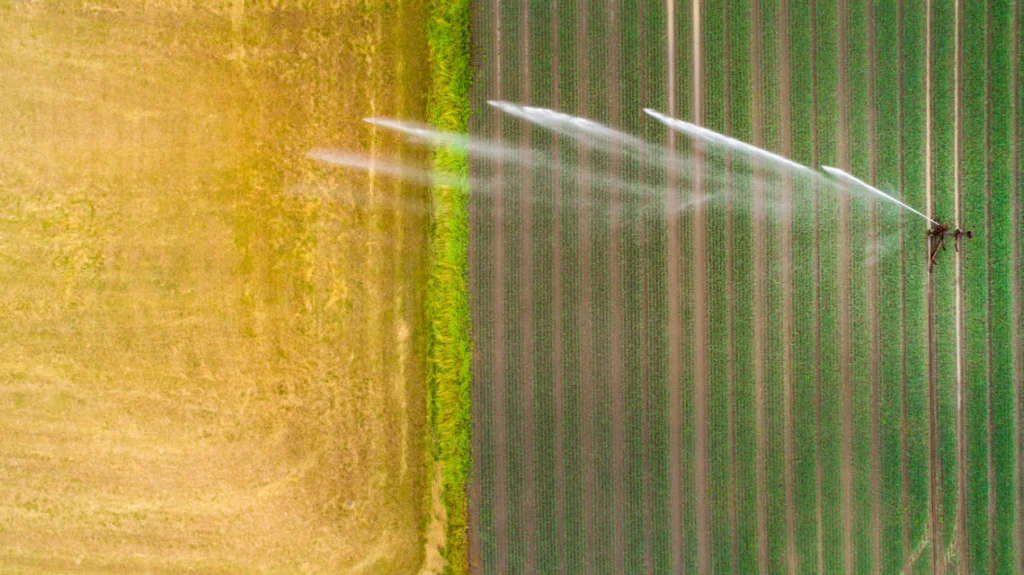Mumbai, 9 August 2017: The World Business Council for Sustainable Development’s (WBCSD) newest report, Co-optimizing solutions in water and agriculture: Lessons from India on water security, identifies key enablers for scaling up solutions to water-scarcity in India. The information is designed to be useful for companies worldwide.
Businesses face significant risks from water scarcity and have real opportunities to gain from addressing the challenge. This report is a key step in helping companies mitigate the risk and seize the opportunity.
WBCSD member companies in India are in a unique position to stress-test sustainability solutions, especially as they relate to water and agriculture issues.
Nearly 80% of freshwater in India is used for agriculture. And as a result, the Indian agriculture sector will be critical for ensuring effective water management and for improving water availability across the country.
As such, WBCSD member companies have taken the lead on water-smart agriculture. Today’s report collates key case studies from their work, highlighting business solutions for sustainable agriculture in India – with a clear focus on water-efficiency.
Case studies in the report profile 12 progressive businesses in India who have enormous potential to make Indian agriculture more sustainable. In doing so, the report uncovers the often-challenging contexts in which these solutions have been implemented, and records the impact of these solutions on key indicators (yield, water use, farmer incomes – for example).
The report also identifies key enablers for scaling up these solutions, including:
- Availability of funds
- Sound government policies
- Training and onsite support for farming communities
- Productive partnerships
These enablers, coupled with the appropriate context and robust management, help investments in water efficiency deliver significant co-benefits for farmers and for businesses.
“Our intent in working on this publication is to get water-efficiency in agriculture high on the national agenda, and to get recognition for the potential that business solutions hold in making agriculture sustainable.” says Naveen Chahal, Director and CEO, Water and Soil technologies, UPL Limited. “We aim to use this document as the basis of our collaboration with other businesses and actors in order to amplify the efforts of UPL Limited in addressing the food security challenge.”
Companies who contributed to the report include: Lafarge-Holcim (Ambuja Cements), ITC Limited, Jain Irrigation, Monsanto, Nestlé, Olam, PepsiCo, PwC, Rabobank, UPL, Yara International, Yes Bank.
This report builds on the 2014 report Co-optimizing Solutions: Water and energy for food, feed and fiber identifying 10 solution areas for the world’s interconnected water, energy, food, feed and fiber challenges.
Over the coming months, WBCSD members are working on key implementing the key enablers to scale-up of the smart solutions outlined in the report. Stay tuned to see how their collaborative efforts come to life at the regional level.



